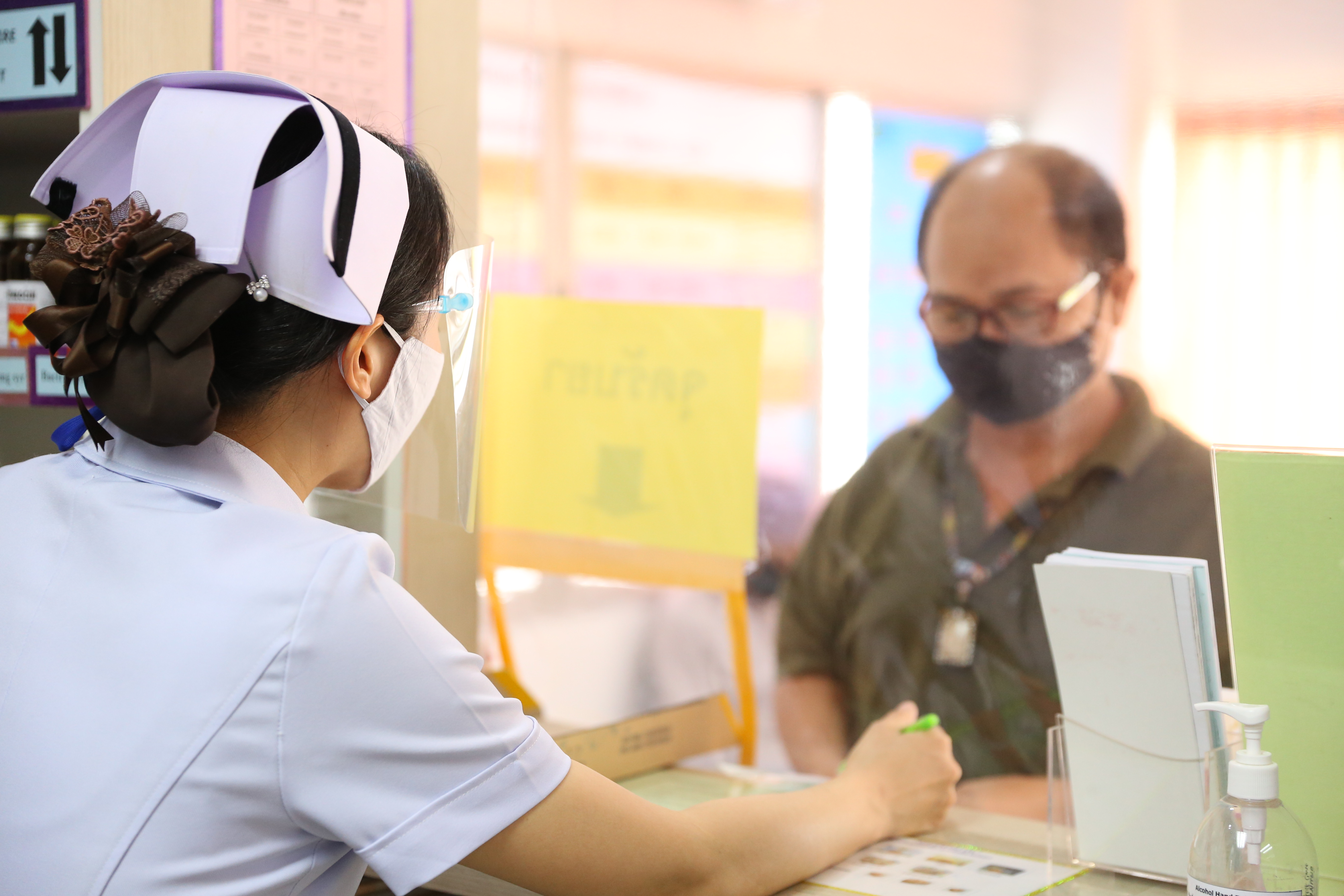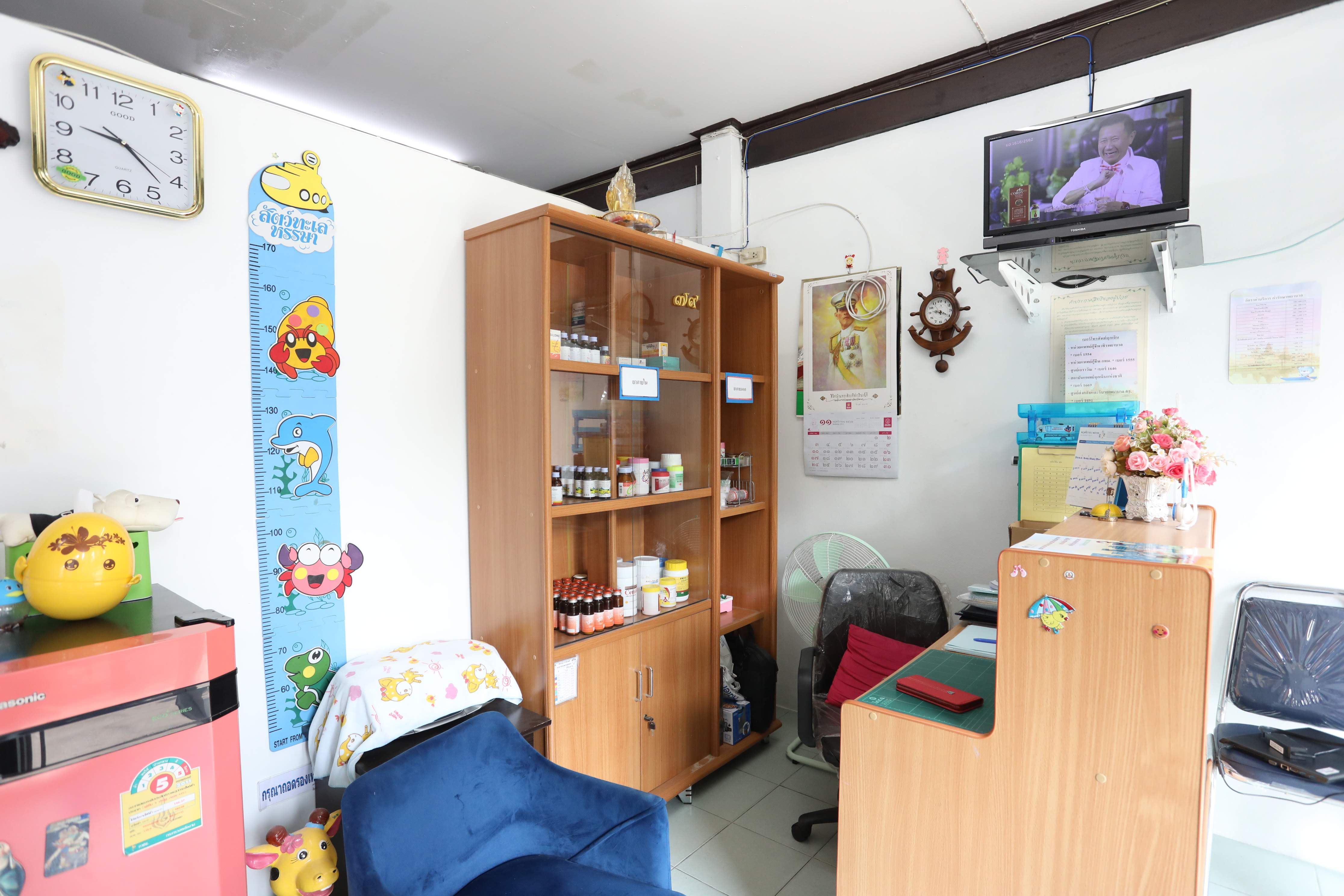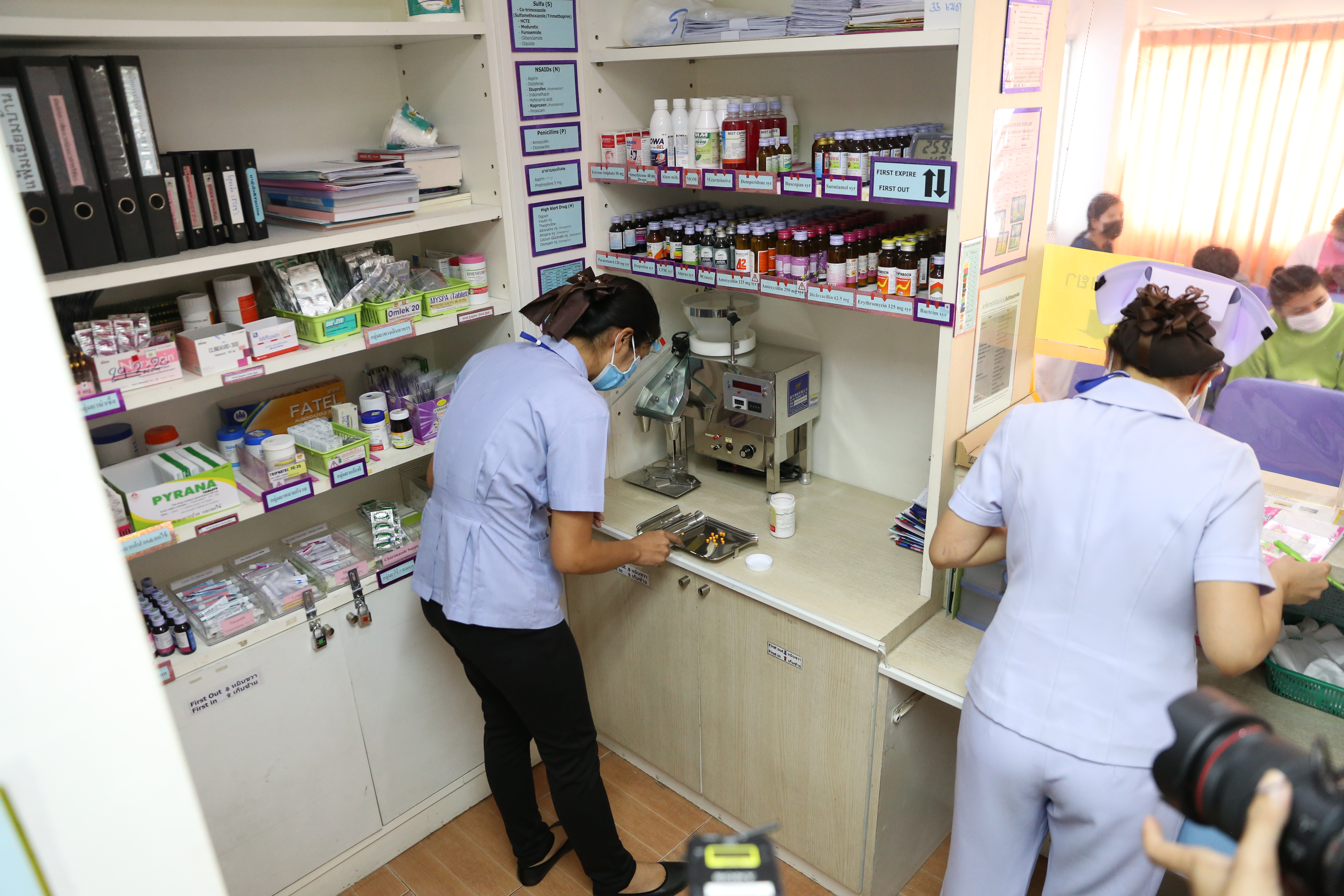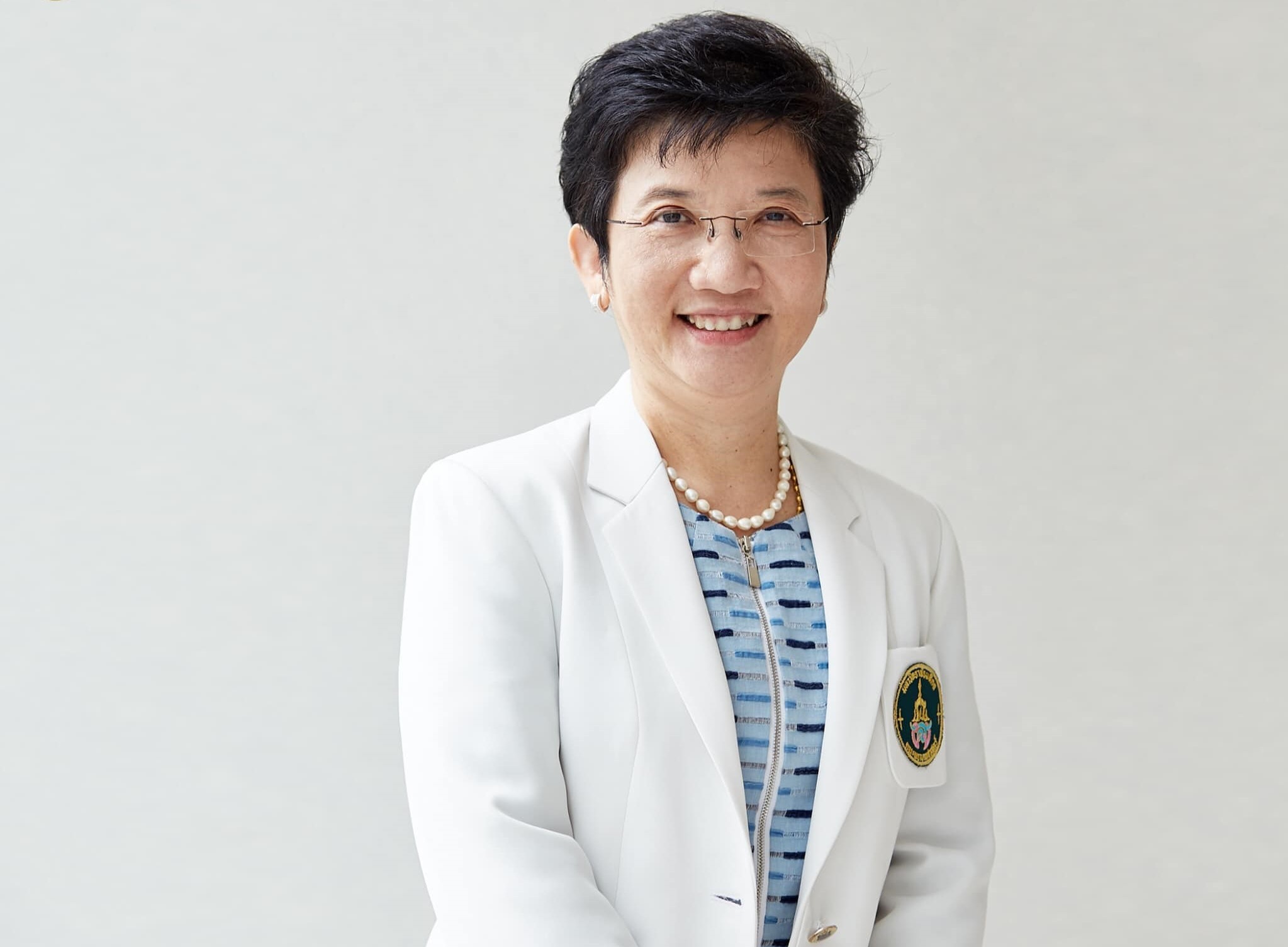
- Home
- DescriptionNews
Nursery and midwifery clinics improve primary care access

Nursery and midwifery clinics improve primary care access
The establishment of a nursing and midwifery clinic run by the Faculty of Nursing at Mahidol University leads to people’s increasing access to primary and home care.
Assoc.Prof. DR Yajai Sitthimongkol, Dean of the faculty of Nursing, Mahidol University said that the clinic serves as an integral part of the National Health Security Office (NHSO)’s healthcare network aiming to tackle healthcare disparity in Bangkok.
Despite Bangkok being a hub for advanced healthcare services, including tertiary and specialized hospitals, there is a big gap in its primary healthcare due to inadequate care centers.

Bangkok’s health system is driven by the private sector, many of which are not partnered with the NHSO to provide free and affordable healthcare services to beneficiaries of the Universal Coverage Scheme (UCS) — the Thai government’s healthcare scheme that covers 47 million people in Thailand.
Consequently,many people paying the healthcare services, including primary care, out of their pockets.
Located in Bangkok Noi district, the Faculty of Nursing’s clinic was freshly opened on 21 September last year as part of the faculty's mission to lead social changes and contribute to people’s well-being.

It aims to achieve two main goals — to increase people’s access to primary healthcare and to reduce hospital crowding.
Patients can visit the clinic to get services including general screenings, wound dressings, urinary catheterization, and physical rehabilitation. It will soon offer space for trainee nurses.
The clinic staff has organized home visits to follow up with patients discharged from Siriraj Hospital run by Nahodil University and health centers run by Bangkok Metropolitan Administration.
This helps reduce the workload of hospital staff while providing patients with access to quality and timely care.

Assoc.Prof. DR Yajai said wound dressing is the most requested service at the clinic.
The survey of clinic patients found their satisfaction with the services, especially home visits.
“The availability of clinics like this can fill the gap in healthcare access, especially for the elderly people and patients living with chronic diseases,” she said.
“They can’t access healthcare services despite being covered by the government’s healthcare scheme, because they find inconveniences in commuting to the hospitals or their health conditions don’t allow them to mobilize outside their home.”
Assoc.Prof. DR Yajai added that her faculty has more than 130 staff with varied nursing expertise, from midwifery and internal medicine to mental health.
They take turns to station at the clinic or join patients’ home visits.
But the challenge remains. Many patients are unaware of the presence of nursing and midwifery clinics, meaning there is a need to promote the clinics to the public.
In addition, the medical guidelines and regulations restrict nurses from performing tasks that overlaps with the physicians' responsibilities, limiting the number of services that can be provided at the clinics.
/////////////////////////

